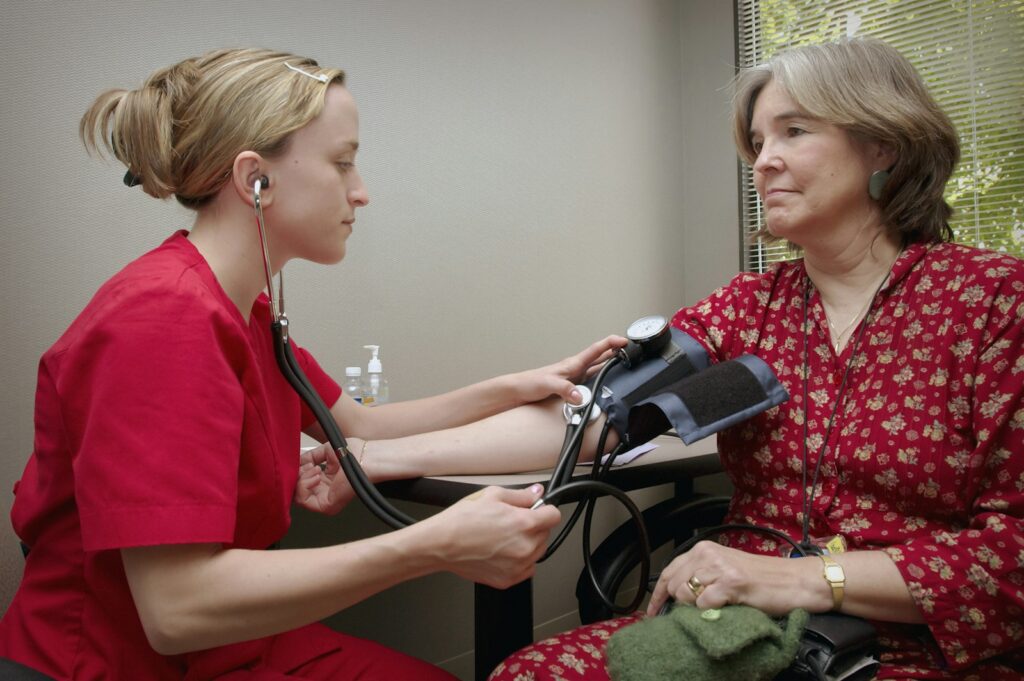Prediabetes means that your blood sugars are higher than usual, but not high enough for you to be diagnosed with Type 2 diabetes. It also means that you are at high risk of developing Type 2 diabetes. You may not be experiencing any symptoms with prediabetes.
Prediabetes is also called borderline diabetes, Impaired Fasting Glucose (IFG), Impaired Glucose Tolerance (IGT), Impaired Glucose Regulation (IGR), Non-diabetic hyperglycaemia. They all mean the same thing. So if you’ve been told you have any of these, knowing this is the first step to being able to do something about it. And there are lots of things you can do to reduce your risk of Type 2 diabetes.
Generally patients are screened annually by doing a blood test. Following the blood test, they will have a review with a Practice nurse or HCA to discuss their diet, weight and lifestyle.
For more information see link below:










